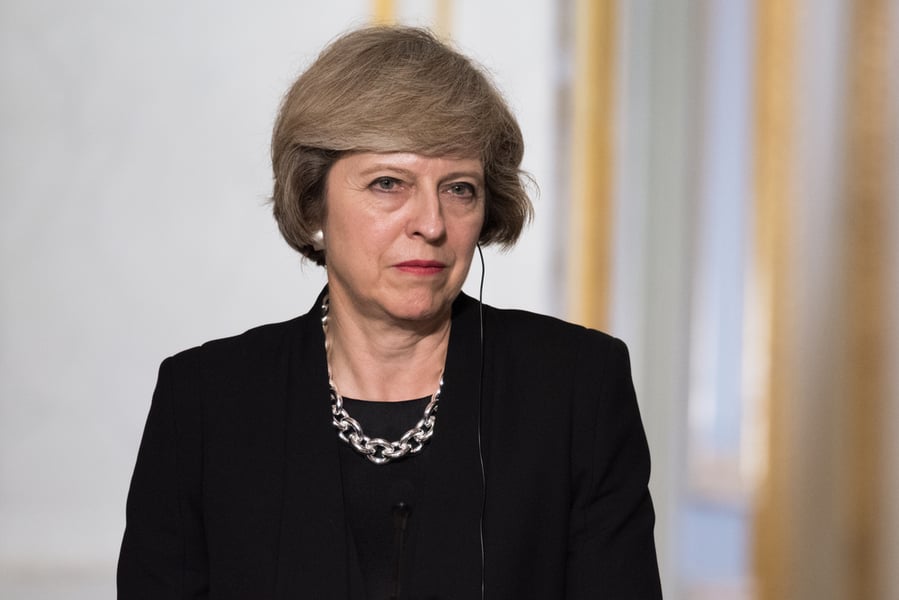Prime Minister Theresa May lays out 12 point Brexit negotiation plan with Article 50 set to be triggered in March.

Prime Minister Theresa May has confirmed that the UK will exit the European single market whilst insisting that she wants to remain “the best friend” to European partners.
Speaking at Lancaster House, where Margaret Thatcher gave a speech praising the single market 29 years ago, May outlined the government’s 12 objectives for the Brexit talks whilst confirming that Article 50 will be triggered in March.
May said she wants Brexit to leave Britain “stronger, fairer, more united and more outward-looking than ever before” whilst adding that she does not want to see the EU unravel following the exit.
She said: “A little over six months ago the British people voted for change. They voted to shape a brighter future for our country. They voted to leave the European Union and embrace the world.
“And they did so with their eyes open: accepting that the road ahead will be uncertain at times, but believing that it leads towards a brighter future for their children – and their grandchildren too.
“And it is the job of this government to deliver it. That means more than negotiating our new relationship with the EU. It means taking the opportunity of this great moment of national change to step back and ask ourselves what kind of country we want to be.
“My answer is clear. I want this United Kingdom to emerge from this period of change stronger, fairer, more united and more outward-looking than ever before. I want us to be a secure, prosperous, tolerant country – a magnet for international talent and a home to the pioneers and innovators who will shape the world ahead.
"I want us to be a truly Global Britain – the best friend and neighbour to our European partners, but a country that reaches beyond the borders of Europe too.
“A country that gets out into the world to build relationships with old friends and new allies alike.
“I want Britain to be what we have the potential and ambition to be: a great, global trading nation that is respected around the world and strong, confident and united at home.”
And May said that the decision to leave the EU was not a vote against European values.
She said: “Our vote to leave the European Union was no rejection of the values we share. The decision to leave the EU represents no desire to become more distant to you, our friends and neighbours.
“We will continue to be reliable partners, willing allies and close friends. We want to buy your goods, sell you ours, trade with you as freely as possible, and work with one another to make sure we are all safer, more secure and more prosperous through continued friendship.”
But the Prime Minister warned that the deal should not see Britain left “half-in, half-out” of Europe.
“We seek a new and equal partnership – between an independent, self-governing, Global Britain and our friends and allies in the EU,” she added.
“Not partial membership of the European Union, associate membership of the European Union, or anything that leaves us half-in, half-out. We do not seek to adopt a model already enjoyed by other countries. We do not seek to hold on to bits of membership as we leave.
“The United Kingdom is leaving the European Union. My job is to get the right deal for Britain as we do.”
May added that the four key principles behind negotiations would be: certainty and clarity; stronger Britain; a fairer Britain and a truly Global Britain.
“And as we negotiate that partnership, we will be driven by some simple principles: we will provide as much certainty and clarity as we can at every stage. And we will take this opportunity to make Britain stronger, to make Britain fairer, and to build a more global Britain too.”
Co-operation is vital moving forward according to the Prime Minister, and this will be crucial in the negotiating process.
Brexit secretary David Davis is set make a statement in the Commons following Theresa May’s speech.
The pound had been going up this morning, however analysts attributed that to the inflation figures, not to the contents of Theresa May’s speech.



